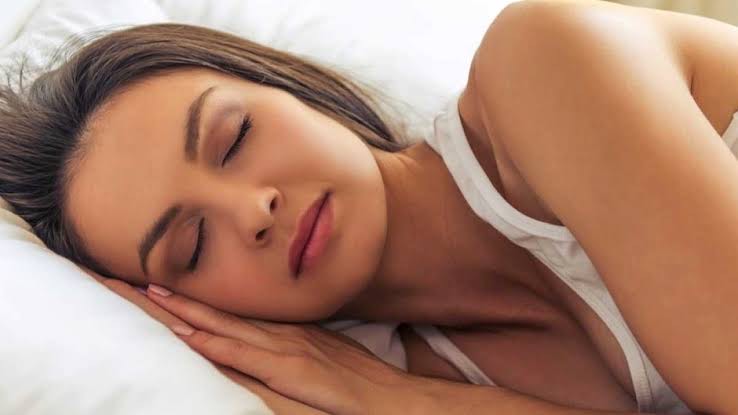
Getting a good night sleep is great for physical and mental health. It is important for your eyes to get good quality of sleep because it helps them recover from eye strain and blurry vision from reading, driving, scrolling on your phone or working on your computer, and dry eyes from air-conditioning in offices and cars. The benefits of sleep are that it gives your eyes time to rest and to rehydrate with moisture from natural tears. Lack of sleep can cause burst blood vessels in your eyes which gives them a red and bloodshot appearance and discomfort.
SYMPTOMS OF SLEEP DEPRIVATION
The common signs of sleep deprivation include; eye bags, red eyes and puffiness, other symptoms can include:
– Eye strain
– Light sensitivity
– Blurry vision
– Burst blood vessels
– Dry eyes
– Itchiness
– Eye twitches (also known as myokymia)
– Higher risk of infections
The majority of these symptoms occur as a result of tired not being well lubricated as well rested. They produce fewer tears over a shorter number of hours when they are closed during the night, as this is the time the eyes replenish the natural tear supply to keep it hydrated. A lack of lubrication in the eyes first and foremost leads to dryness, in turn resulting in itchiness, blurred vision and eye strain. Over the recommended 7+ hours of sleep, your eyes can produce sufficient tears to prevent these unpleasant symptoms the following day.
STAGES OF SLEEP
When you go to bed in the evening you are getting your eyes ready to enter the NREM (Non-Rapid Eye Movement) stages of sleep. Stage 1 is when your eyes start to roll slowly, then you open and close. Stage 2 and 3 are when your heart rate slows, your body temperature drops and the muscles of the body starts to relax. The 4th stage of the sleep cycle is called REM (Rapid Eye Movement), which is when you enter a deeper sleep and start to dream. This is a busy time for your eyes because whilst your body is still, your eyes are moving rapidly which actually helps stretch and relax the eye muscles.
HOW TO GET A GOOD SLEEP AT NIGHT
We need to aim to get at least 5 hours of sleep per night (7-8 hours is more ideal) so here we have some tips for keeping your eyes healthy by getting some good quality sleeping time.
• Limit your screen time and access to blue light/artificial light before bedtime (ideally 2 hours before bed), so your eyes can prepare for the change in light/time of day and can get ready for sleep.
• Exercise regularly to help your body unwind at the end of the day.
• Avoid eating 3 hours before you go to bed, this is because the digestion of the food takes time and energy to do.
• Avoid alcohol before bed as it will give you a poor quality sleeping pattern.
• Introduce good sleeping habits such as going to bed and waking at the same time so your body gets into a healthy sleeping routine.
• Take Out Your Contact lenses. Your eyes draw oxygen directly from the air to stay healthy and moist, even during sleep. Making a habit of keeping contact lenses in your eyes can block much-needed oxygen flow.
GET MORE SLEEP
In order to keep your eyes strong and healthy, it’s imperative that you get plenty of rest. Some people have difficulties falling asleep at night; other people are just so busy that getting to bed at a decent hour is a chore itself. To help you fall asleep easier, you can try a few different home remedies that are said to cause sleepiness.
Try drinking a cup of tea before bed to help you relax. Try reading a book; any book will do, although if it’s a boring book, it might help you to fall asleep faster. Reading a physical book rather than scrolling through your phone or tablet ensures that you aren’t looking at blue light before bed, will help improve your quality of sleep. Cut sugar and caffeine out of your diet few hours before bed.
Once your lights are out, make sure you have blocked out any light from the street with curtains or blinds. Also, make sure you have adjusted your room temperature to be cooler at night, as this will help promote better sleep.
